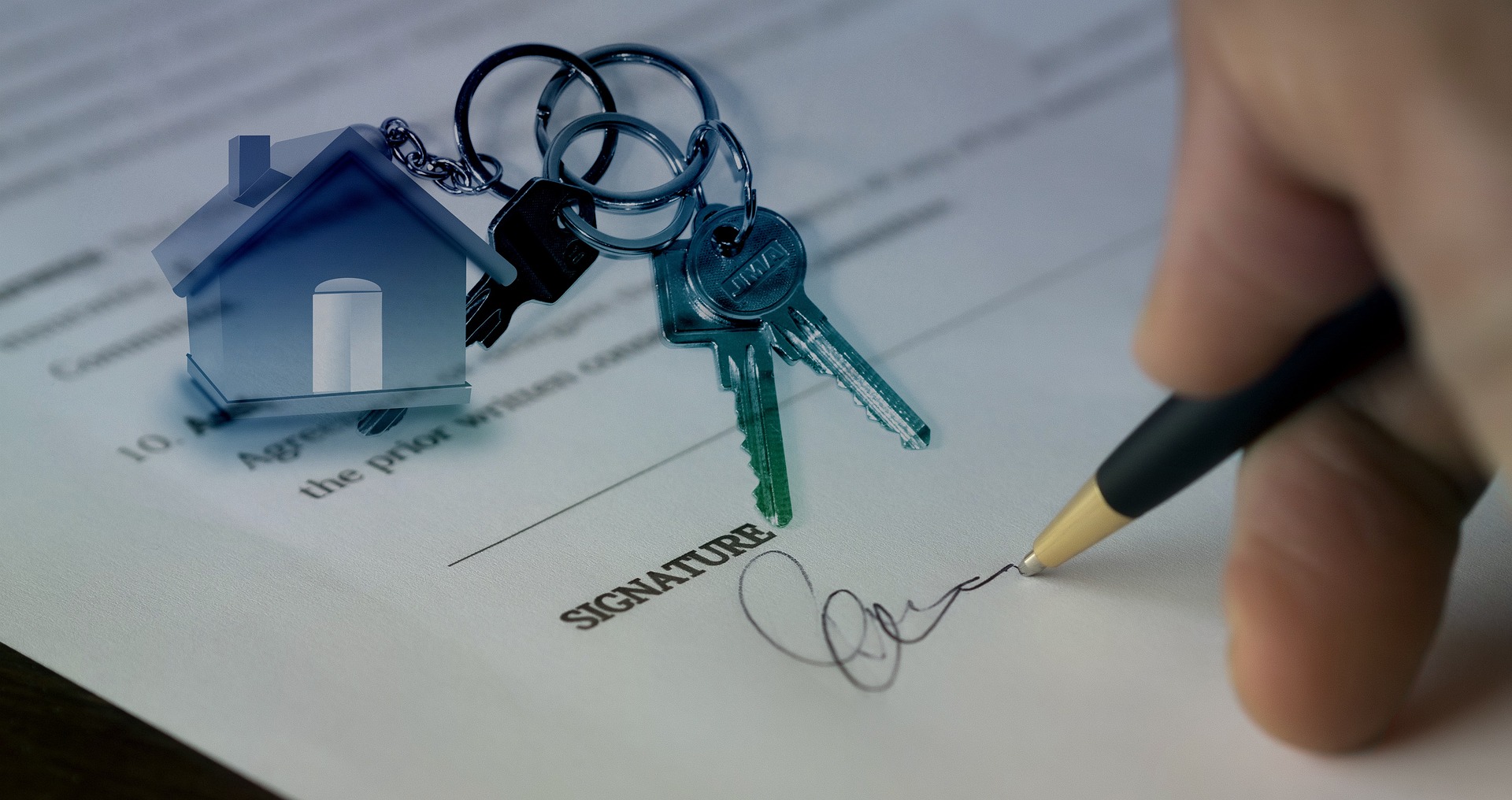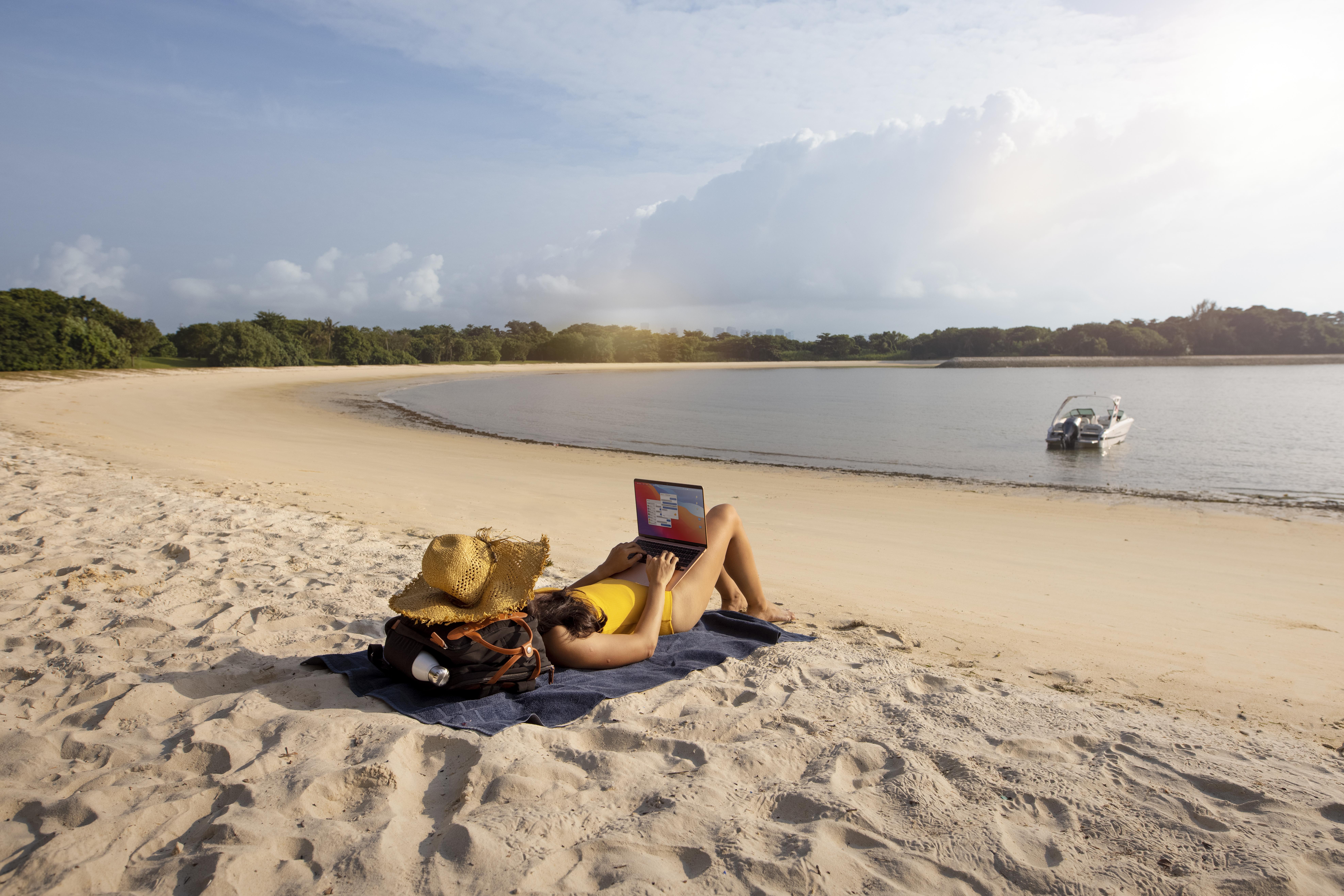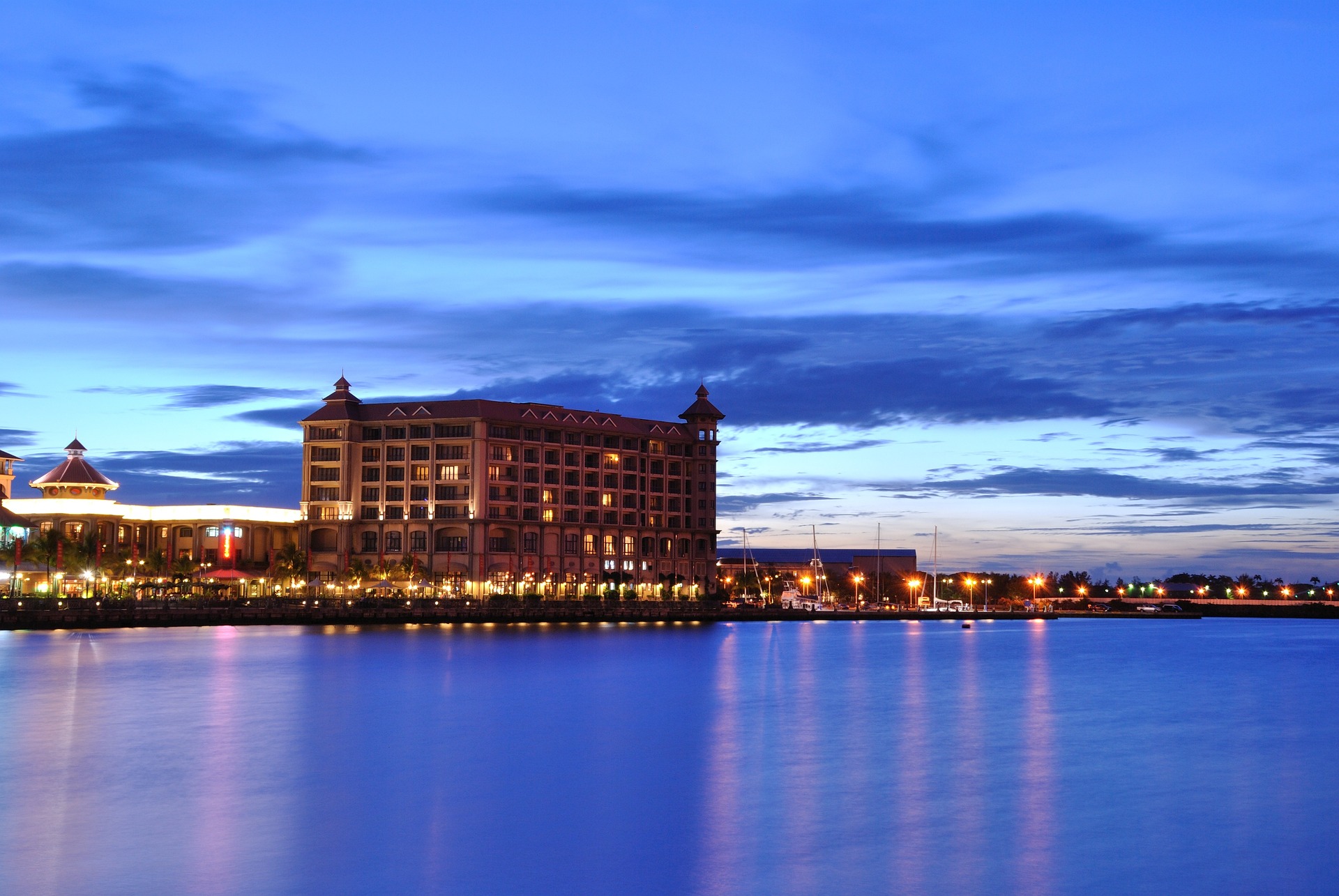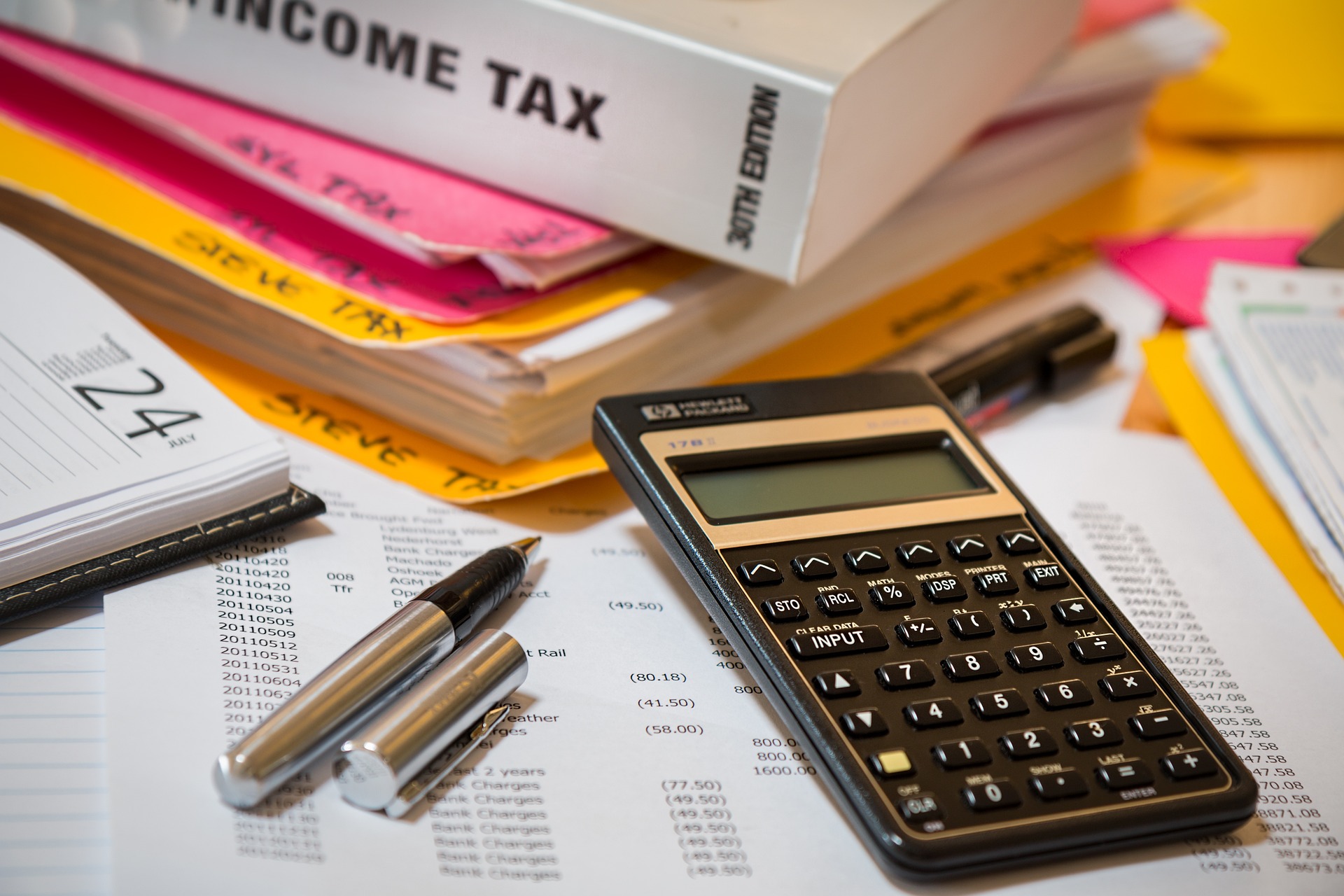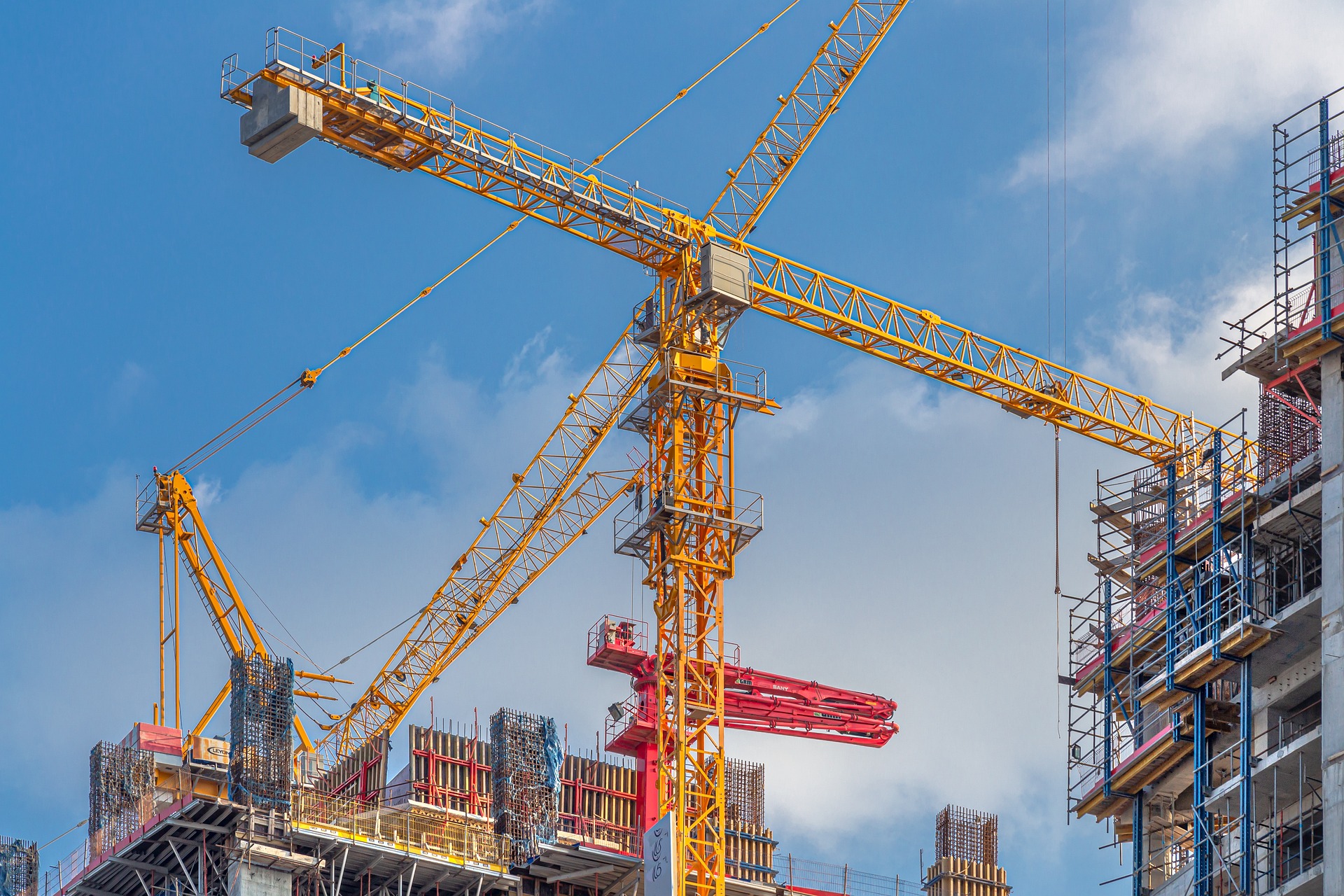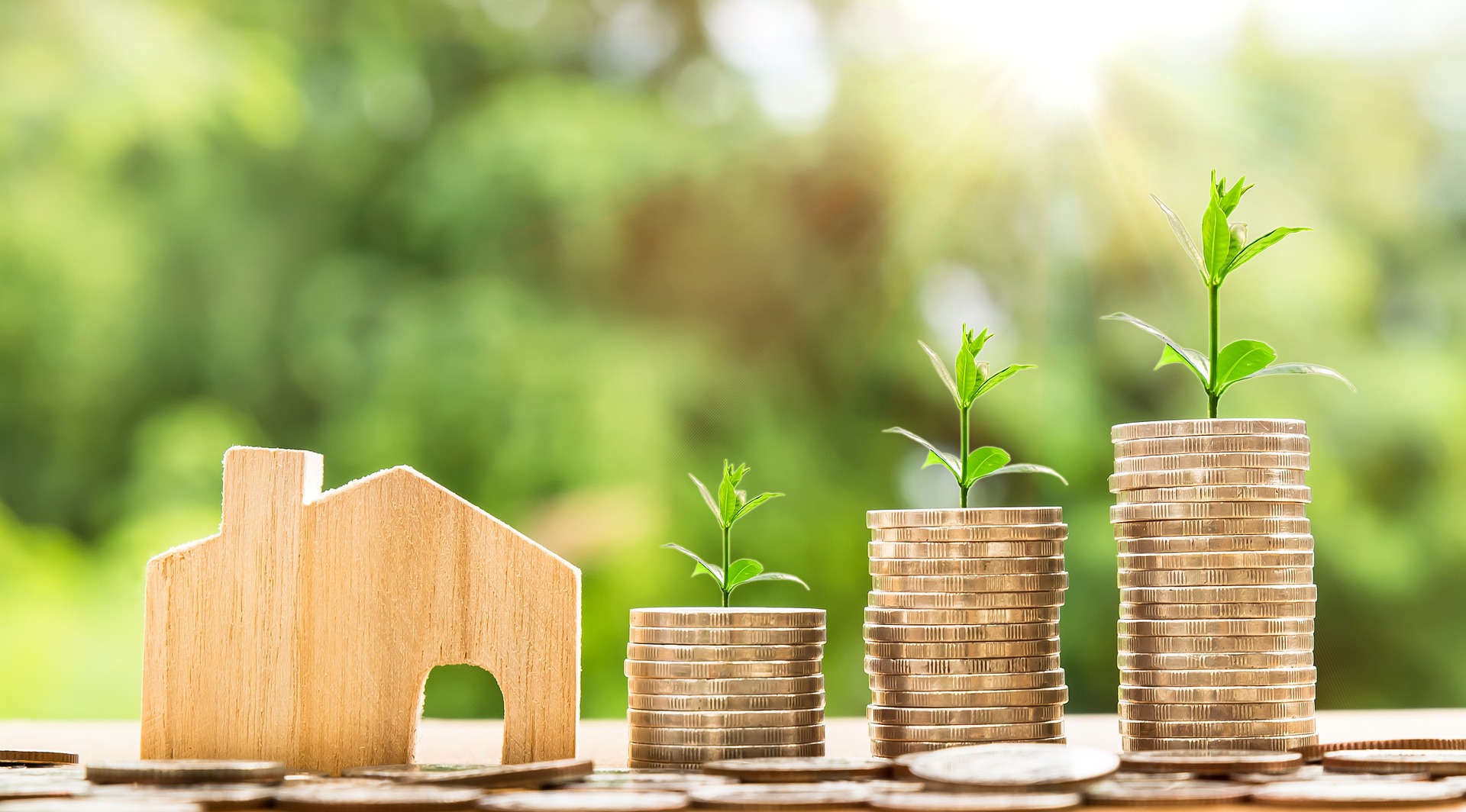Owning a property in Mauritius is made possible through different schemes put in place by the government.
We invite you to view our portfolio of properties and developments for sale: (Click here to view our portfolio of properties for foreigners)
Let’s have a closer look at these schemes:

Ground Floor + 2 Apartments
Starting Price: As from MUR 6 million and up.
Residence Permit: Any non-citizen who has acquired an apartment for a price not less than USD 375,000 will be eligible to a residence permit. It remains valid so long as the non-citizen holds the apartment.

Integrated Resort Scheme (IRS)
The owners may rent the property, become a tax resident in Mauritius and face no restriction on the repatriation of funds or revenue raised from the sale or rent of the property.
Starting price: minimum price of USD 375,000.
Residence Permit: any person purchasing an IRS property to the value of USD 375,000 and above, is entitled to permanent residency, as well as his (her) spouse and any dependents. The spouse and children below the age of 24 are also granted a residence permit.
Non-citizens who have a residence permit under IRS will be exempted from an Occupation or Work permit to invest and work in Mauritius.

Real Estate Scheme (RES)
The owners may rent the property, become a tax resident in Mauritius and face no restriction on the repatriation of funds or revenue raised from the sale of rent of the property.
Starting price: no minimum price.
Residence Permit: any person purchasing an RES property to the value of USD 375,000 and more, is eligible to a residence permit. The spouse and children below the age of 24 are also granted a residence permit.
Non-citizens who have a residence permit under RES will be exempted from an Occupation or Work permit to invest and work in Mauritius.

Property Development Scheme (PDS)
The owners may rent the property, become a tax resident in Mauritius and face no restriction on the repatriation of funds or revenue raised from the sale of rent of the property.
Starting price: no minimum price.
Residence Permit: any person purchasing a PDS property to the value of USD 375,000 and up, is eligible to a residence permit. The spouse and children below the age of 24 are also granted a residence permit.
Non-citizens who have a residence permit under PDS will be exempted from an Occupation or Work permit to invest and work in Mauritius.

Smart City Scheme (SCS)
The owners may rent the property, become a tax resident in Mauritius and face no restriction on the repatriation of funds or revenue raised from the sale of rent of the property.
Starting price: no minimum price
Residence Permit: any person purchasing an SCS property to the value of USD 375,000 and more, is eligible to a residence permit. The spouse and children below the age of 24 are also granted a residence permit.
Non-citizens who have a residence permit under PDS will be exempted from an Occupation or Work permit to invest and work in Mauritius.

Senior Living Residence
Starting price: no minimum price.
Residence Permit: The non-citizen aged above 50 years can choose to apply for a residence permit for himself/herself and his/her spouse or common law partner until such time the property is no longer owned or occupied by the retiree.

Invest Hotel Scheme
Starting price: no minimum price.
Residence Permit: any person purchasing a unit/room under the IHS to the value of USD 375,000 and more, is eligible to a residence permit.
Source: EDB Mauritius
